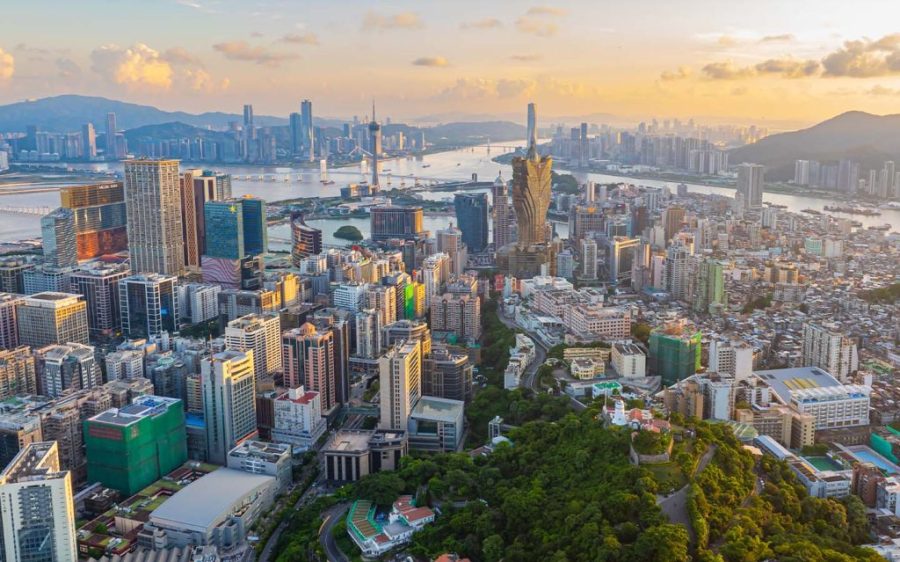The gaming industry in Macao generated gross gaming revenue (GGR) of 18.2 billion patacas (US$2.26 billion) in December, bringing the annual revenue for 2024 to a total of 226.8 billion patacas (US$28.1 billion) – a jump of 23.9 percent against the previous year. That’s according to figures published by the Gaming Inspection and Coordination Bureau.
Macao’s cumulative gross gaming revenue for 2024 is higher than the conservative estimate of 216 billion patacas (US$26.8 billion) that the government had forecast, but fell short of the more optimistic predictions of analysts, who had placed the figure as high as 239.9 billion patacas (US$29.8 billion).
When compared with the 18.5 billion patacas (US$2.3 billion) earned during the same month last year, the December total represents a drop of 2 percent. Analysts had predicted a decline in visitors and gamblers to Macao during President Xi Jinping’s visit from 18-20 December, which marked the 25th anniversary of the Macao Special Administrative Region and the inauguration of the new chief executive, Sam Hou Fai, along with other senior officials. This decrease was attributed to heightened security measures implemented during his visit.
Month-on-month, December’s GGR marks a drop over November’s figure of 18.4 billion patacas (US$2.3 billion), and fell below that of October, which saw earnings hit a new post-pandemic high of 20.8 billion patacas (US$2.6 billion).
[See more: The government’s GGR estimate for 2025 is too low, Citigroup says]
Looking to the year ahead, the SAR government’s budget expects the casino sector to earn 240 billion patacas (US$29.9 billion), a figure that some analysts believe is an underestimate, with the actual figure possibly hitting more than US$30 billion.
Macao’s casino industry has been recovering strongly since the lifting of Covid-19 travel restrictions in early 2023, although GGR levels are still generally below those recorded in 2019.
While efforts are being made to diversify Macao’s economy away from gambling through non-gaming investments, as well as collaboration with Hengqin, the local government remains heavily reliant on the casino industry for income, as data shows that 81.2 percent of the government’s revenue in the first ten months of 2024 originated from gaming taxes.






